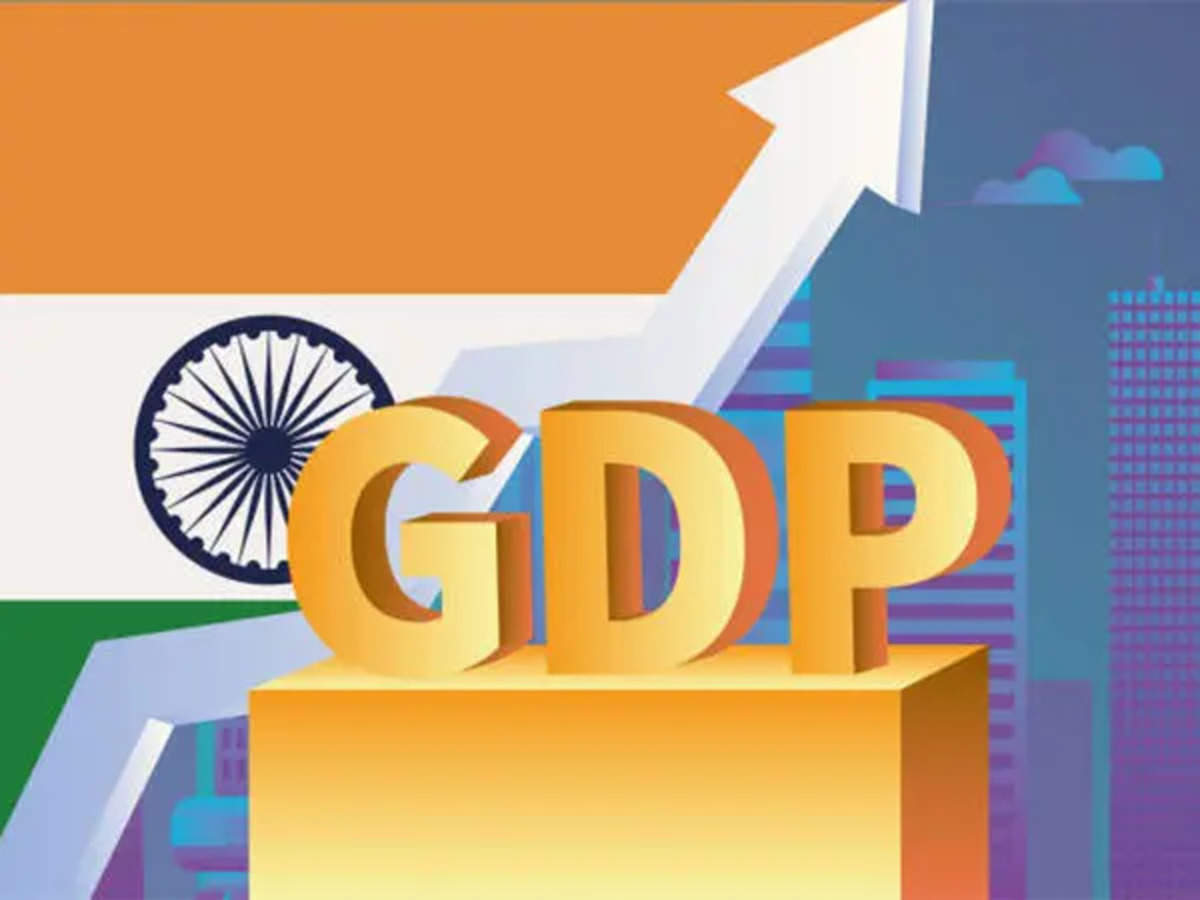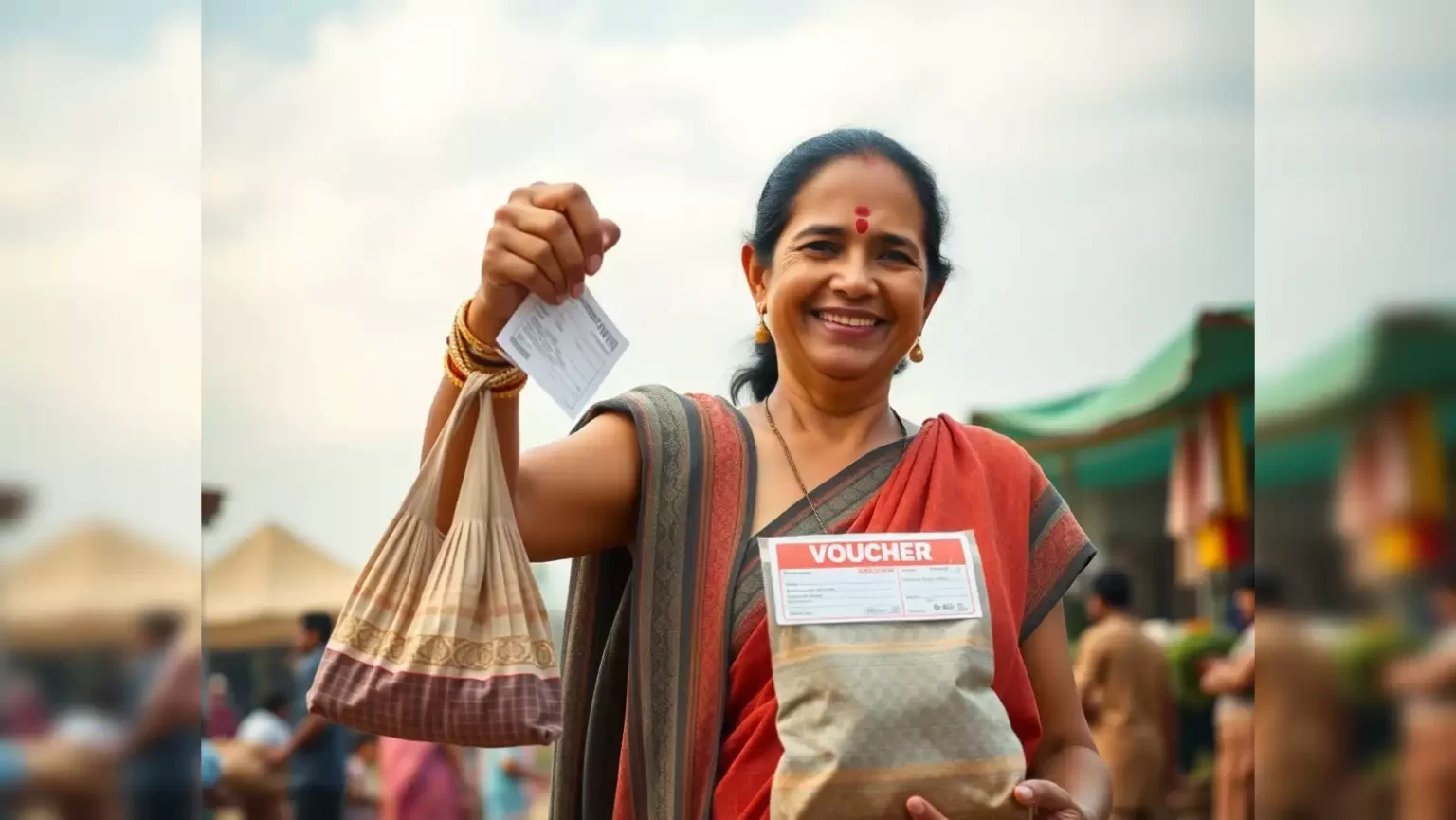The idea of the Indian government issuing “consumption vouchers” to boost the economy has garnered attention as a potential short-term measure to stimulate consumer spending and revitalize key sectors hit hard by economic slowdowns. The vouchers would essentially be government-backed financial instruments that consumers could use to purchase goods and services, aiming to encourage spending in areas such as retail, hospitality, and entertainment.

Source:- bbc news
By directly targeting consumer consumption, vouchers could help revive demand, especially in sectors that have been stagnant due to reduced purchasing power, job losses, and uncertainty. Since the pandemic, the Indian economy has faced sluggish growth, and many businesses, particularly in discretionary sectors, have seen a sharp decline in sales. By issuing vouchers, the government could provide an immediate economic stimulus that directly injects cash into consumer hands.
Source:- news 18
The success of such a policy would depend on several factors. First, ensuring that the vouchers are effectively distributed to a broad demographic, including low-income groups, would be essential to maximize their impact. Second, the government would need to carefully design the program to prevent inflationary pressures or unintended consequences, such as hoarding. Vouchers should ideally be used within a specific timeframe to boost immediate consumption, rather than just adding to savings.
In addition to stimulating demand, consumption vouchers could help revitalize key industries, including retail and travel, which contribute significantly to India’s GDP and employment. However, it would be a temporary fix, requiring longer-term structural reforms to address issues like unemployment, inflation, and income inequality.
In conclusion, while consumption vouchers could provide a much-needed economic boost in the short run, their success would rely on careful planning and targeted distribution to ensure they lead to sustainable growth.
Share your views in the comments

